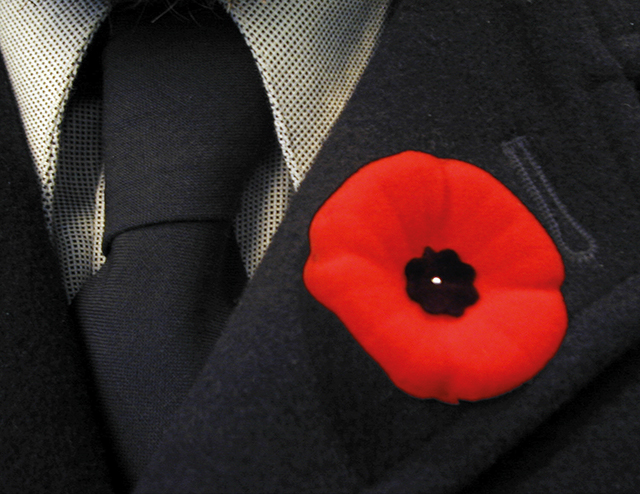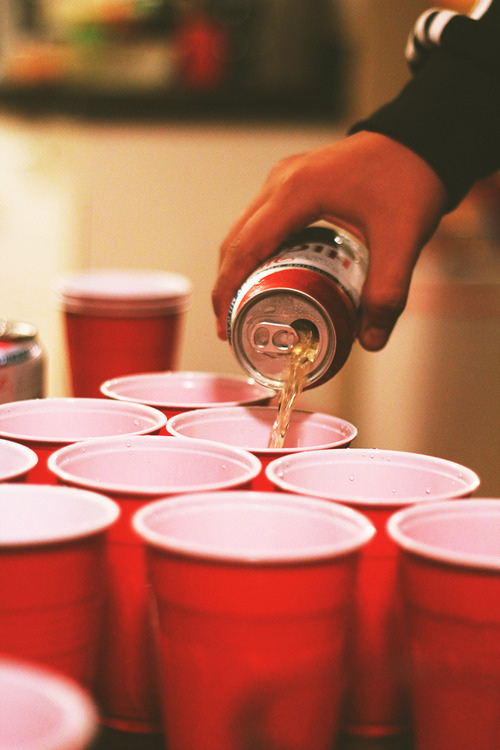
[dropcap]A[/dropcap] Canadian doctor was in a Belgian field just over 100 years ago and was surrounded by death when he noticed a bruised shaped, vibrant red flower growing around the bodies. After the Second Battle of Ypres during World War I, Dr John McCrae wrote one of the most famous war poems to date called Flanders Fields, in which the poppy flower was prominent.
Consequently, the poppy became the British symbol to remember World War I and the lives lost during it as the poem was apparently first published in a British magazine. In the relationship between Ireland and Britain, it also became a contentious symbol.
Flanders Fields also bled into Irish culture and gets a special mention in one of the most beloved songs on the Emerald Isle Come Out Ye Black And Tans. Although the song is not specifically about the poppy, the reference in this particular song is indicative as to why there is hostility around Irish people wearing the poppy during the build-up to Remembrance Day. The tension has definitely heightened since Irish football player James McLean refused to wear the poppy.
“I admire him for that,” said Canon Peter Campion at last year’s annual Service of Remembrance in Dublin’s St Patrick’s Cathedral.
Campion added that he himself wears the poppy to remember his “grandfather and his two brothers fought in World War I.” He continued during the sermon to say that McLean is a “national hero” for choosing not to wear the poppy.
Ever since moving to England to play League football in 2011, McLean from Free Derry has refused to wear the poppy on his shirt unlike other Irish celebrities such as Graham Norton. However, there is not as much conversation about Norton, another Irish man actually wearing the poppy than there is about McLean not wearing it. From this it appears that Ireland has no problem expressing respect providing it is returned. The reason McLean is respected by many for not wearing it is because by doing this he shows his remembrance for the lives lost due to Ireland’s heated relationship between Britain, particularly in the North. If we can respect the Irish wearing it then the British need to respect our right not to wear it.
Mclean stated that “if the poppy was simply about World War One” he would “wear it without a problem.”
“It stands for all the conflicts that Britain has been involved in. Because of the history where I come from in Derry, I cannot wear something that represents that,” added McLean when explaining why he refuses to wear the flower.
Ireland contributed to one of the most famous wars in history, however for years our contribution was overlooked which could have added to the animosity towards the poppy.
Campion talked in his sermon about his grandfather and granduncles saying that “upon returning from World War I” they “did not receive a hero’s welcome in Ireland, quite the opposite. He was often derided and scorned for his decision to enter the British Army”.
Ireland is lately showing its pride for Irish people’s contribution to the war by erecting monuments all over the country from Mayo to Dublin where recently a statue soldier made of metal was unveiled to commemorate World War I.
Cáit Caden
Image Credit: Wikimedia



